On December 28, 2020, the New York Senate Special Session was held to consider the COVID-19 Emergency Eviction and Foreclosure Prevention Act.
The bill is the most robust to date in terms of extending eviction moratoriums. It is intended to keep New York tenants and property owners in their homes. Also, they are experiencing economic challenges due to the coronavirus pandemic.Any eviction proceedings that have already been initiated within 30 days of the pending legislation will be put on hold for a minimum of 60 days to afford renters and mortgagers the chance to file a declaration of hardship.In essence, this enacts a two-month bar on evictions to make sure state residents have the ability to benefit from the protections offered by the new law.New York Governor Andrew Cuomo signed the bill into law on December 28, 2020. Here’s a closer look at the broad eviction ban for residents of the state.
Provisions Introduced In a Legislation
The legislation, introduced by the Democratic Senate Majority, contains the following provisions:
- Eviction Moratorium: The bill establishes a Standardized Hardship Declaration Form, which rents can file in court or directly to their landlords to block or halt eviction proceedings until May 1, 2021. They are financially impacted by COVID-19 hence, they are unable to pay their entire rent on time. Else, a member of the household has a condition that puts them at increased risk of severe medical conditions when they contract the virus. Renters or homeowners must show that they have lost income; have higher expenses related to health or childcare; have been unemployed due to a health crisis, or are unable to pay for moving costs.
- Foreclosure & Tax Lien Sales Protection: The Act offers protective measures barring foreclosure and tax lien sales against any residential property owner that has less than ten or fewer dwelling units. The owner must file a Standardized Hardship Declaration Form with their mortgage provider, local tax assessor, or with a court in which they present a financial hardship preventing them from meeting their mortgage or property tax installments as a result of reduced income, increased costs, or the inability to obtain alternate employment.
- Bars Negative Credit Reporting & Discrimination in Extending Credit: The Act further protects property owners from credit discrimination if the owner falls behind on mortgage installments on the unit in which they reside or due to the fact that they were granted a stay of mortgage or tax foreclosure proceedings. This provision is limited to single-family home residences, co-ops, and owner-occupied multifamily primary residences with one to nine rental units.
- Automatic Renewal of Senior Citizens’ Homeowner and Disabled Homeowner Exemptions: Under the new legislation, local governments are obligated to renew the annual requirement that eligible recipients recertify their Senior Citizens’ Homeowner Extension (SCHE) and Disabled Homeowner Exemption (DHE) benefits for 2021. Typically, those eligible for these programs would have to file renewal applications on their own in person with the assessor.
What Does This Mean for Landlords?
Keep in mind that a landlord who has a pending eviction case filed 30 days before the Act’s effective date will be prevented for at least 60 days or until May 1, 2021.
Now that the law has taken effect, it may be too late to get your case processed unless the case is deemed a nuisance holdover. Following the expiration of the eviction moratorium in May 2021, it is largely dependent on the success of the vaccine and the percentage of the population that has received it.The long-term negative financial effect of outstanding rent balances for landlords has prompted several New York organizations that represent property owners to voice their disapproval of the new Act—as Jay Martin, executive director of the landlord organization Community Housing Improvement Program, described the legislation was effectively “kicking the can down the road” and not addressing the root causes of COVID-19’s collective impact on the industry.
Government Rental Real Estate Legal Assistance Programs for Landlords
There are several federal and state programs that may be utilized to pay the arrears of tenants who have been affected by COVID-19.
The Federal Emergency Rental Assistance program makes available $25 billion to assist households that are unable to pay rent and utilities due to the COVID-19 pandemic.
Eligible households may receive up to 12 months of real estate legal assistance, plus an additional 3 months if the grantee determines the extra months are needed to ensure housing stability and grantee funds are available.
The payment of existing housing-related arrears that could result in the eviction of an eligible household is prioritized. Assistance must be provided to reduce an eligible household’s rental arrears before the household may receive assistance for future rent payments.
Once a household’s rental arrears are reduced, grantees may only commit to providing future assistance for up to three months at a time. Households may reapply for additional assistance at the end of the three-month period if needed and the overall time limit for assistance is not exceeded.
An application for rental real estate legal assistance may be submitted by either an eligible household or by a landlord on behalf of that eligible household.
Interested in learning more? Reach out to the Law Offices of Lawrence Andelsman, P.C., a New York-based Law Firm representing Private Lenders, Developers, and Investors nationwide.



